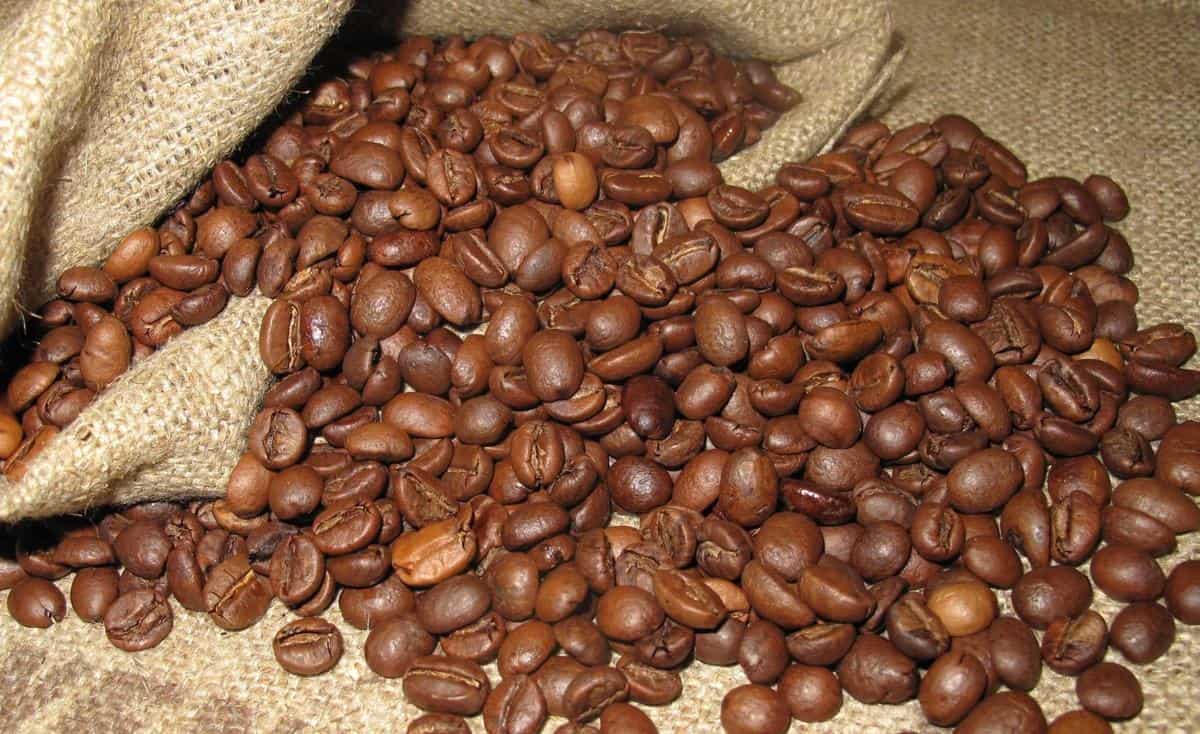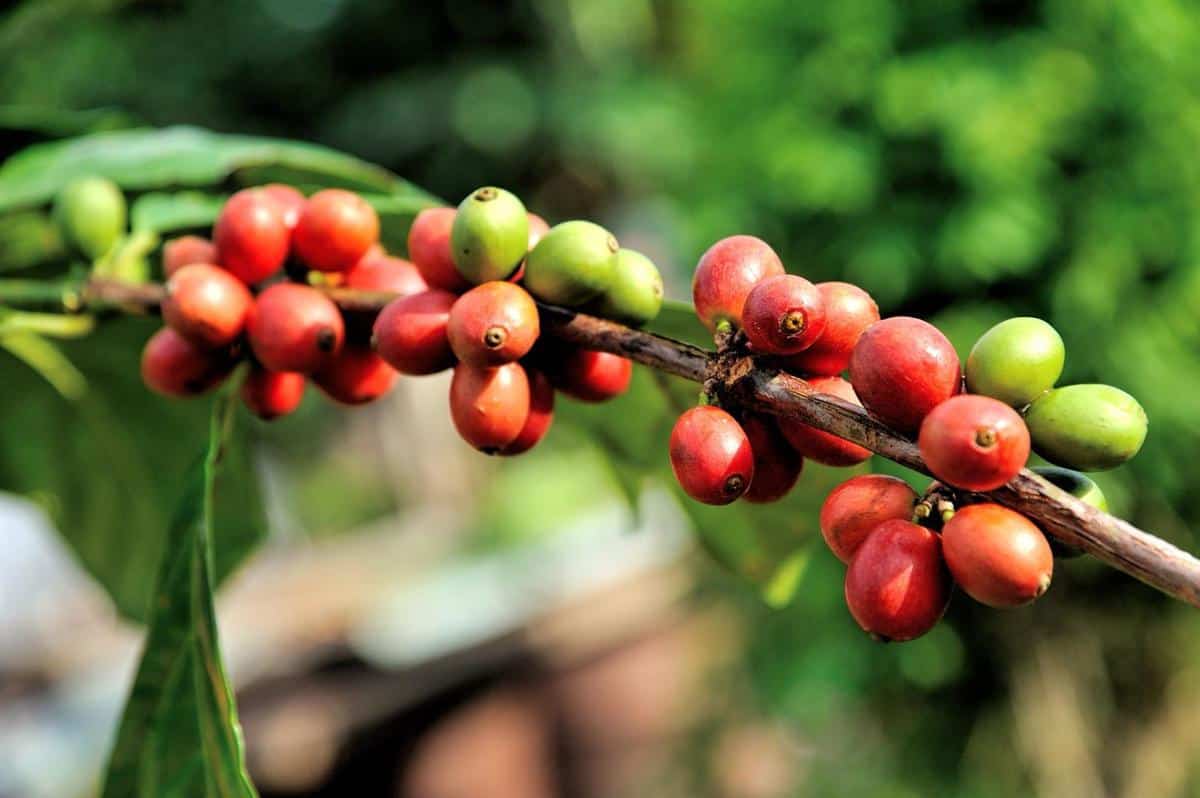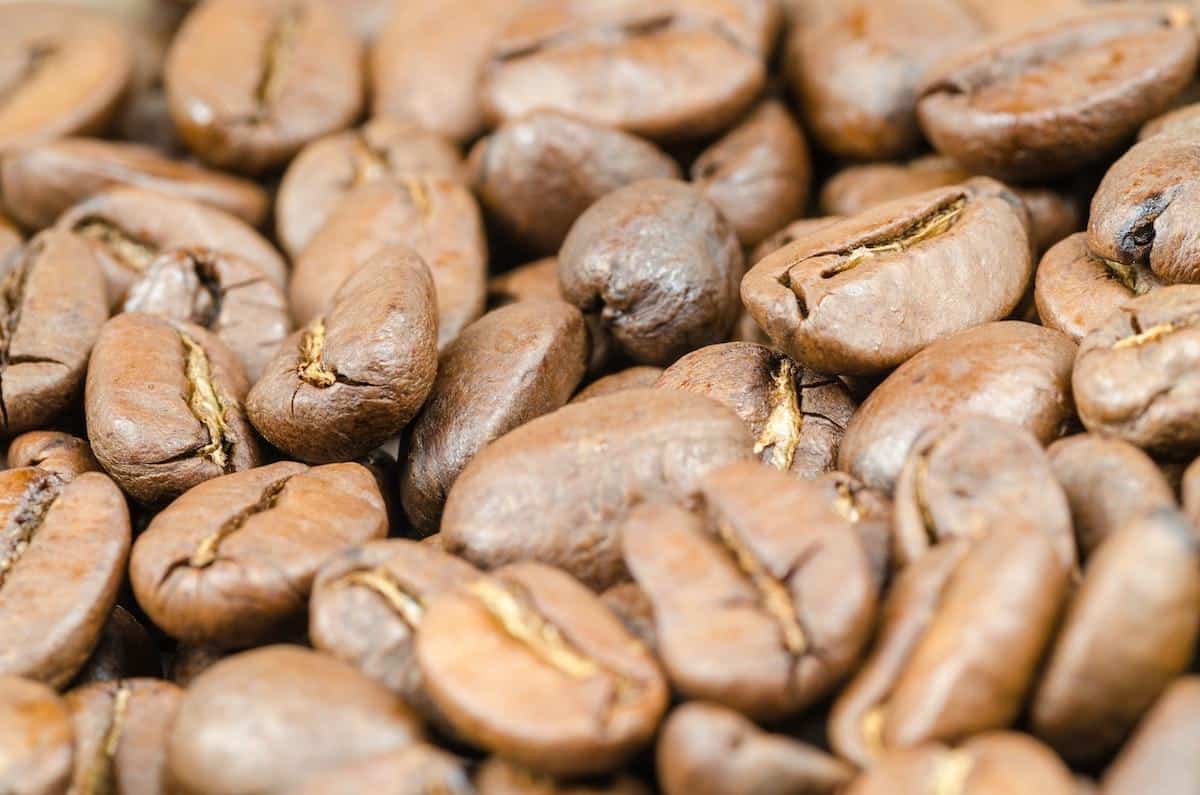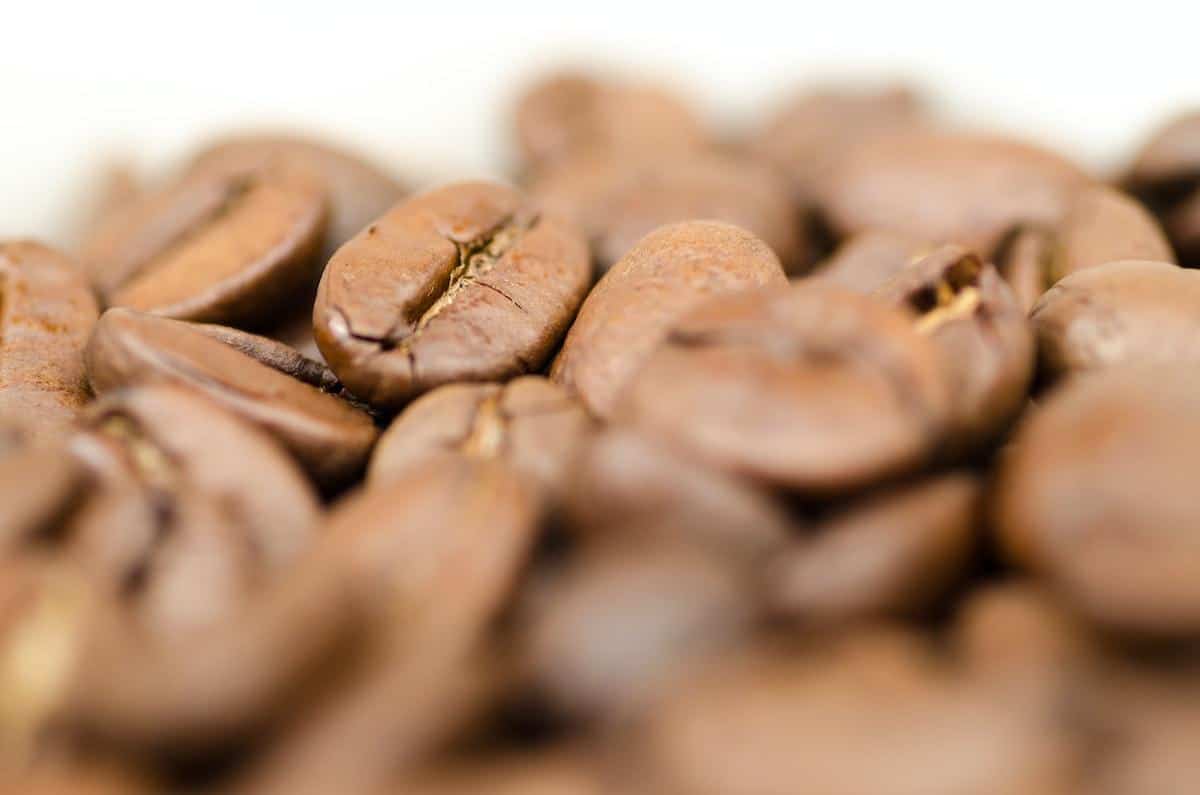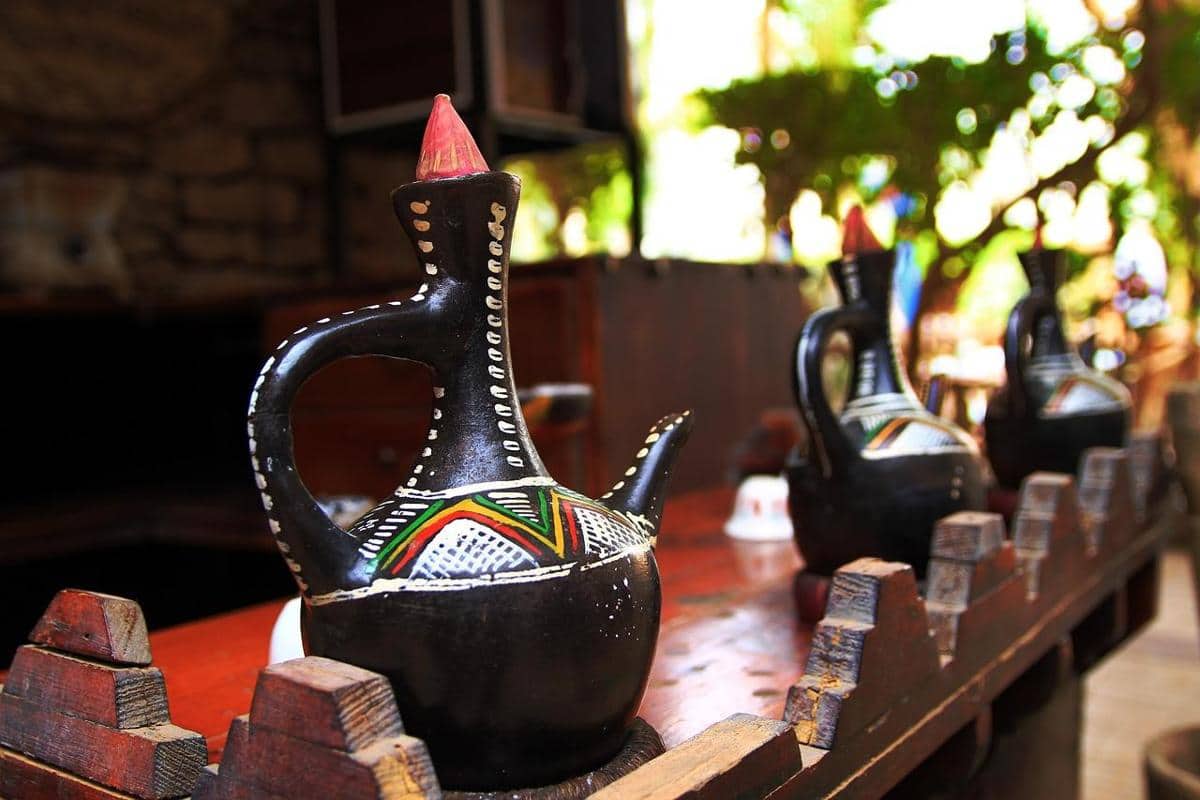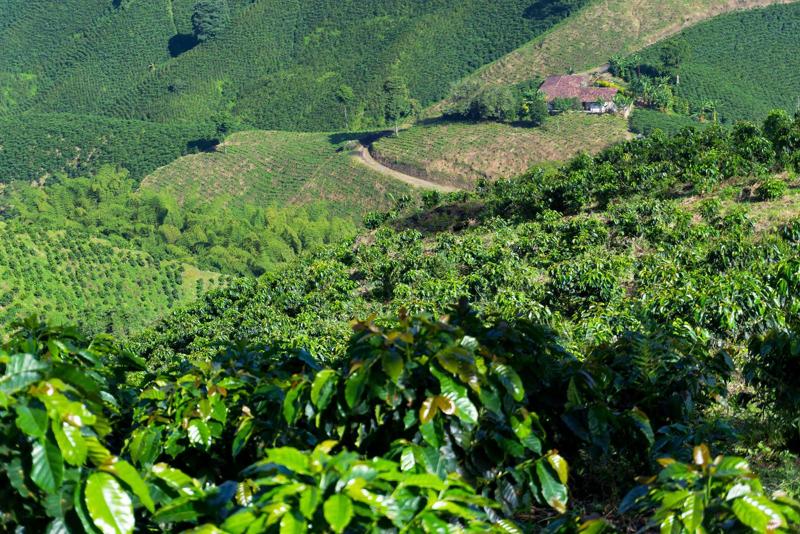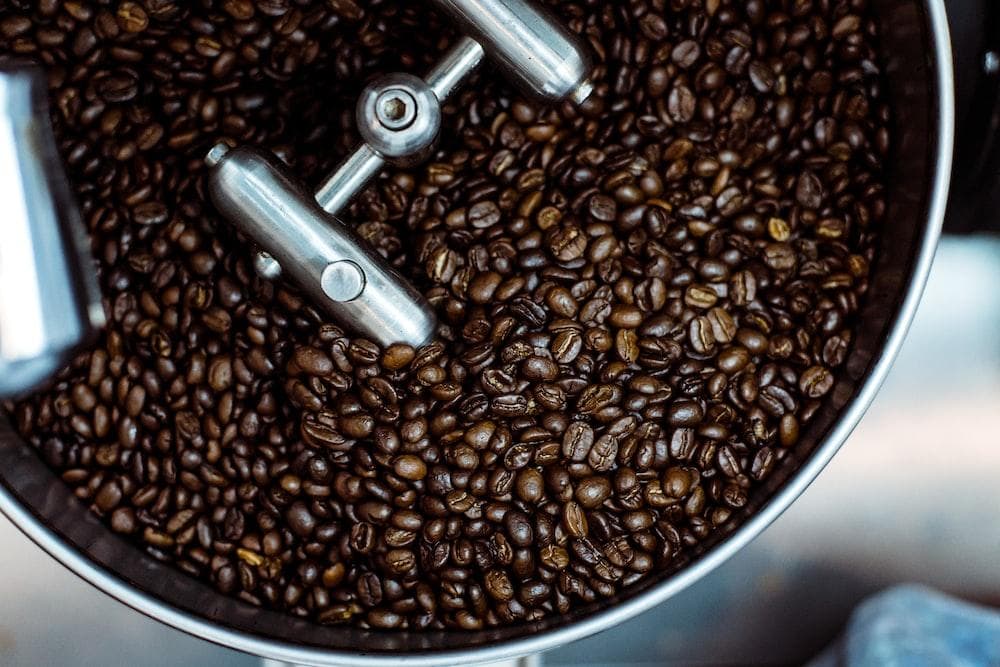Arabica beans, known for their unparalleled quality and rich flavors, have become a staple in the world of coffee. These remarkable beans have captivated the hearts and palates of discerning coffee aficionados around the globe. In this article, we will take you on a mesmerizing journey through the world of Arabica beans – from their intriguing origins to the magic they bring to your cup.
Arabica beans have a fascinating history that dates back centuries. Originating from the highlands of Ethiopia, these beans began their long and intricate journey to becoming one of the most sought-after coffee varieties worldwide. As we delve into their history, we will explore how Arabica beans have evolved and spread across continents, shaping the diverse coffee cultures we see today.
Not only are Arabica beans beloved for their rich history, but they are also praised for being considered the gold standard in terms of quality and taste. In this article, we will unravel the science behind what makes Arabica beans so special. From their unique growth characteristics to their exquisite flavor profiles, we will delve into why Arabica beans reign supreme in the world of coffee enthusiasts.
Join us as we embark on a tantalizing exploration into the world of Arabica beans. From understanding its origin story to uncovering its health benefits and sustainable practices, we will leave no stone unturned. Whether you are a passionate coffee connoisseur or simply curious about discovering new flavors, this article promises to unveil the power of perfection found within each precious Arabica bean.
The Origins of Arabica
Arabica beans, often referred to as the “gold standard” of coffee, have a rich and fascinating history that dates back thousands of years. It all began in the highlands of Ethiopia, where legend has it that a goat herder named Kaldi discovered the magical properties of the coffee plant.
Kaldi noticed that his goats became energized after eating the berries from a certain tree, and he decided to try them for himself. He experienced an invigorating effect and shared his discovery with monks at a nearby monastery.
The monks experimented with the berries and soon realized their potential as a stimulating beverage. They began cultivating and trading these beans, and thus began the journey of Arabica coffee. From Ethiopia, Arabica beans made their way to Yemen, where they were cultivated on a larger scale and traded throughout the Arabian Peninsula.
Arabica coffee reached new heights during the Islamic Golden Age in the 9th century. Coffeehouses emerged as centers for intellectual exchange and gathering places for scholars, poets, and philosophers. The popularity of Arabica coffee grew rapidly during this time, spreading across Persia, Egypt, Syria, Turkey, and eventually to Europe.
Today, Arabica is grown in several regions around the world known for their ideal climate conditions and mountainous terrain. Countries such as Brazil, Colombia, Ethiopia, Costa Rica, Guatemala, and Kenya are renowned for producing some of the finest Arabica beans. These beans are highly sought after for their delicate flavors and aromas.
Unraveling the Science
Arabica beans are widely regarded as the gold standard in the coffee world, and for good reason – their exceptional quality and flavor make them highly sought after by coffee connoisseurs. But what sets Arabica beans apart from other varieties? To understand why they are considered the pinnacle of coffee perfection, it’s important to unravel the science behind their unique characteristics.
One of the key factors that contribute to Arabica beans‘ superior quality is their growing conditions. These beans thrive in high-altitude regions with mild temperatures, rich soil, and ample rainfall. The combination of these factors creates an ideal environment for the beans to develop more slowly, allowing them to absorb nutrients and flavors from the soil. This results in a sweeter, more nuanced cup of coffee compared to other types of beans.
Another scientific aspect that elevates Arabica beans is their chemical composition. They contain lower levels of caffeine compared to their Robusta counterparts, making them a preferred choice for those who are sensitive to caffeine or value a milder taste experience. Additionally, Arabica beans have higher concentrations of sugars and lipids, which contribute to their complexity and depth of flavor.
Furthermore, Arabica beans possess a wider range of aromatic compounds compared to other coffee varieties. These compounds are responsible for creating the unique aroma profiles that make each cup of Arabica coffee so distinctive. From fruity and floral notes to chocolatey undertones, there is an abundance of flavors waiting to be discovered when brewing with Arabica beans.
Flavor Profile
Arabica beans are renowned for their exceptional flavor profile, which is characterized by a wide range of intricate tastes and aromas. Understanding the nuanced flavors and aromas of Arabica beans is essential for coffee enthusiasts who want to fully appreciate the uniqueness and complexity of this beloved coffee variety.
Tastes
One of the key aspects that sets Arabica beans apart is their diverse taste profile. The flavor spectrum of Arabica coffee can vary significantly depending on factors such as the origin, growing conditions, and processing methods. However, there are some common taste characteristics that are typically associated with Arabica beans.
Firstly, Arabica coffee often exhibits a pleasant acidity that provides brightness to the cup. This acidity can range from subtle citrus notes to more pronounced fruity or wine-like flavors. Additionally, Arabica beans frequently display a wide array of delicate and complex flavors such as floral, chocolaty, nutty, and caramel notes. These flavors combine harmoniously to create a multidimensional taste experience that is highly prized by coffee connoisseurs worldwide.
Aromas
In addition to its fascinating taste profile, Arabica coffee is also celebrated for its captivating aromas. The fragrance released when brewing Arabica beans can be an enchanting blend of sweet floral notes, fruity scents, earthy undertones, and even hints of cocoa or spices depending on the specific bean variety.
The aroma of freshly brewed Arabica coffee is often described as vibrant and invigorating. It has the ability to arouse anticipation and create an immersive sensory experience that enhances the overall enjoyment of drinking coffee. Whether you prefer the intoxicating fragrance of jasmine or the enticing scent of berries in your cup, exploring different varieties and origins of Arabica beans can open up a world of aromatic possibilities.
Exploring Flavor Profiles
As each region produces arabicas with distinct flavor profiles associated with their soil, climate, and altitude, exploring different styles and origins of Arabica coffee can be a remarkable journey of taste discovery. From the citrusy sweetness of Ethiopian Yirgacheffe to the full-bodied chocolate notes of Brazilian Santos, there is an Arabica bean for every palate preference.
Coffee aficionados often relish the opportunity to try single-origin Arabica beans to fully immerse themselves in the flavors and aromas unique to specific regions. By experimenting with various brewing methods such as pour-over, French press, or espresso machines, one can unlock different flavor elements hidden within these beans.
Unlocking the true potential of Arabica’s intricate tastes and aromas allows coffee enthusiasts to savor a truly exceptional cup that exemplifies the power of perfection embodied by these remarkable beans.
The Art of Roasting
Roasting is an essential step in the journey of Arabica beans, as it has a profound effect on their flavor and aroma. Each roast level brings out different characteristics and allows coffee lovers to customize their cup of perfection. In this section, we will explore the art of roasting Arabica beans and how different roasts transform these beans into a delightful brew.
The Roast Levels
Arabica beans can be roasted to various levels, and each level imparts unique qualities to the final product. The most common roast levels are light, medium, and dark roast.
- Light Roast: This roast preserves the original flavors and nuances of the Arabica beans. It exhibits bright acidity, floral notes, vibrant fruitiness, and a delicate body. The light roast is ideal for those who enjoy the subtle complexities of coffee.
- Medium Roast: As the roasting process progresses, the flavors become more balanced. Medium-roasted Arabica beans display a harmonious combination of acidity and sweetness with hints of chocolate or caramel. The body becomes fuller while maintaining some brightness from the initial roast.
- Dark Roast: At this stage, the oils in Arabica beans migrate to the surface due to prolonged exposure to heat. Dark roasts offer bold flavors with lower acidity. They tend to have a rich, smoky taste with notes of dark chocolate or even toasted nuts. The body is fuller compared to lighter roasts.
The Roasting Process
Roasting is not just about applying heat; it involves carefully controlled variables such as time and temperature to achieve desired results. Initially, green Arabica beans are heated in a rotating drum over an open flame or hot air chamber. As the temperature rises steadily, chemical reactions occur within the bean structure.
During these reactions:
- Maillard Reaction takes place between amino acids and sugars present in the beans, resulting in browning and the formation of complex flavors.
- Caramelization occurs when sugars are broken down and transformed into rich, sweet compounds that add depth to the coffee’s taste.
The duration of the roast depends on the desired level. It is crucial for roasters to monitor closely and determine the precise moment to stop the process. Timing is essential to retain the desired flavors without developing any undesirable bitterness or burnt taste.
Brewing Methods
When it comes to brewing methods, Arabica beans offer a wide range of options to explore in order to unlock their full potential and achieve a perfect cup of coffee. Each brewing method has its own unique characteristics and nuances that can enhance or highlight specific flavors and aromas in the beans. In this section, we will delve into some popular brewing methods that allow you to truly appreciate the magic of Arabica beans.
One popular brewing method is the pour-over method. This method involves pouring hot water over freshly ground Arabica beans placed in a filter. The water slowly drips through the coffee grounds, extracting the flavors and oils, resulting in a clean and bright cup of coffee. The pour-over method allows for precise control over factors such as water temperature, pour rate, and grind size, which can greatly influence the final taste of the coffee.
Another beloved brewing technique is the French press. With this method, coarse-ground Arabica beans are steeped in hot water for several minutes before being pressed down with a plunger to separate the liquid from the grounds. This process produces a full-bodied cup with rich flavors and aroma. The French press allows for more oils to be present in the final brew compared to other methods, giving it a robust and flavorful profile.
For those who prefer convenience without compromising taste, an espresso machine is an excellent option. Espresso machines use finely ground Arabica beans and high-pressure extraction to produce concentrated shots of coffee with a thick layer of crema on top. This method highlights the bold flavors and complexity of Arabica beans while also providing an ideal base for various specialty coffee drinks.
| Brewing Method | Description |
|---|---|
| Pour-Over | Involves pouring hot water over coffee grounds in a filter to produce a clean and bright cup of coffee. |
| French Press | Coarse coffee grounds are steeped in hot water before being pressed down, resulting in a full-bodied cup with rich flavor and aroma. |
| Espresso Machine | Uses high-pressure extraction to produce concentrated shots of coffee with a thick layer of crema, highlighting the bold flavors and complexity of Arabica beans. |
By experimenting with different brewing methods, you can truly unleash the full potential of Arabica beans and discover the nuances and intricacies that make them the gold standard in the world of coffee. Whether you prefer the clean brightness of a pour-over, the bold richness of a French press, or the concentrated intensity of an espresso shot, there is a brewing method that will perfectly complement your desired taste profile.
So go ahead, explore, and elevate your coffee experience to new heights with Arabica beans.
Health Benefits
Arabica beans not only provide a flavorful and aromatic experience, but they also offer numerous health benefits that can nourish your body. Whether you enjoy a cup of Arabica coffee or use the beans in other culinary creations, you can reap the rewards of its nutritional properties.
One of the key health benefits of Arabica beans is their high antioxidant content. Antioxidants are compounds that help protect your cells from damage caused by free radicals in the body. Research has shown that antioxidants can reduce the risk of chronic diseases such as heart disease, certain types of cancer, and neurodegenerative disorders like Alzheimer’s and Parkinson’s disease.
Arabica beans contain a variety of antioxidants, including chlorogenic acid, quinides, and caffeic acid. These antioxidants not only provide protection against free radicals but also have anti-inflammatory properties.
In addition to antioxidants, Arabica beans are also a good source of essential nutrients. They contain important minerals such as potassium, magnesium, and niacin (vitamin B3). Potassium plays a vital role in maintaining healthy blood pressure levels and regulating fluid balance in the body. Magnesium is essential for several bodily functions including muscle function, nerve conduction, and energy production. Niacin is involved in metabolism and can help improve cholesterol levels.
To fully benefit from the health advantages of Arabica beans, it is important to prepare them in a healthy way. Avoid adding excessive amounts of sugar or cream to your coffee if you are concerned about calorie intake or blood sugar control. Instead, opt for natural sweeteners like honey or stevia and use plant-based milk alternatives like almond milk or oat milk.
With its impressive antioxidant content and nutrient profile, Arabica beans offer more than just an enjoyable beverage – they can be a part of a healthy lifestyle too. By incorporating Arabica coffee into your regular routine or experimenting with innovative recipes using the beans, you can elevate your wellness journey while indulging in the power of perfection.
Sustainability Matters
Arabica beans not only tantalize our taste buds with their exquisite flavors and aromas, but they also have a profound impact on the environment and the communities where they are grown. In this section, we will delve into the eco-friendly and ethical aspects of Arabica beans, highlighting their contribution to sustainability in the coffee industry.
One of the key reasons why Arabica beans are considered environmentally friendly is their ability to thrive under shade-grown conditions. Unlike their counterpart, Robusta beans, which are commonly grown in full sun, Arabica plants flourish in shaded environments. The shade not only protects them from extreme weather conditions but also provides habitat for diverse flora and fauna.
This method of cultivation promotes biodiversity, as it preserves natural habitats for birds, insects, and other animals. Additionally, shade-grown coffee reduces soil erosion and minimizes the need for synthetic inputs like pesticides and fertilizers.
In addition to its environmental benefits, Arabica coffee production often involves fair trade practices that prioritize ethical treatment of workers and farmers. Many coffee farmers who grow Arabica beans belong to cooperatives or small-scale farms that adhere to fair trade principles.
These practices ensure that farmers receive a fair price for their produce, fostering sustainable livelihoods and social development within coffee-growing communities. Moreover, fair trade certification requires compliance with labor laws, prohibiting child labor and ensuring safe working conditions.
The sustainability efforts associated with Arabica beans extend beyond cultivation. From responsible water usage during processing to efficient roasting techniques that minimize energy consumption, various stages of the production process contribute towards reducing environmental impact. Moreover, initiatives such as recycling coffee grounds for composting or biofuel production showcase innovative ways in which Arabica beans can benefit the environment even after they have been brewed.
As consumers become increasingly conscious of sustainable practices when making purchasing decisions, understanding the eco-friendly and ethical aspects of Arabica beans becomes relevant and important. By choosing Arabica coffee, not only can we enjoy a delightful cup of coffee, but we can also contribute to protecting the environment and supporting the wellbeing of coffee-growing communities worldwide.
Beyond the Cup
Arabica beans are renowned for their role in creating the perfect cup of coffee, but their versatility extends far beyond that. In addition to being a beloved beverage, these beans can be used in a variety of culinary creations, adding depth and complexity to dishes across different cuisines. Whether it’s in sweet desserts or savory dishes, Arabica beans offer a unique and aromatic twist to elevate your culinary experiences.
One popular way to incorporate Arabica beans into culinary creations is through baking. Ground Arabica beans can be used as an ingredient in cakes, cookies, and other desserts to infuse them with a rich coffee flavor.
The natural oils present in Arabica beans make them ideal for imparting both the fragrant aroma and distinctive taste of coffee into pastries and sweets. From classic chocolate-coffee cake combinations to unique coffee-flavored macarons or tiramisu, there are endless possibilities for creating delectable treats using Arabica beans.
Additionally, Arabica beans can also be utilized in savory dishes to enhance flavors and add complexity. The natural bitterness and earthy undertones of these beans can provide depth to meat rubs or marinades for chicken, steak, or even seafood. They can also be incorporated into sauces or dressings for salads to give a unique twist. By experimenting with different spices and ingredients, chefs and home cooks alike can find creative ways to incorporate Arabica beans into their savory recipes.
Moreover, when it comes to beverages beyond traditional coffee preparation methods, Arabica beans shine as well. These versatile beans can be used in smoothies or milkshakes to create interesting flavor combinations such as coffee-banana or mocha-strawberry. Cold brews made from Arabica beans offer a refreshing alternative during hot summer months as well. The robust flavors of Arabica lend themselves perfectly to specialty coffee drinks like latte art creations or flavored espresso shots.
Conclusion
In conclusion, the journey of Arabica beans is truly fascinating and captivating. From their rich history and unparalleled flavor profile to their health benefits and eco-friendly aspects, there is no denying the power of perfection that lies within these beans. Arabica beans have undoubtedly earned their place as the gold standard in the coffee world.
Arabica beans have a long and diverse history that dates back centuries. They have been cherished for their exceptional taste and aroma, making them the preferred choice for coffee lovers around the world. The science behind why Arabica beans are considered superior lies in their unique composition, which results in a smooth and well-balanced cup of coffee.
The art of roasting plays a crucial role in maximizing the potential of Arabica beans. Different roasts bring out different flavors and aromas, allowing espresso connoisseurs to fully experience the intricate tastes that these beans offer. Similarly, brewing methods also play a significant role in unlocking the full potential of Arabica beans, ensuring that every sip is nothing short of perfection.
Furthermore, Arabica beans offer more than just a delicious cup of coffee – they also provide surprising health benefits. From boosting energy levels to improving cognitive function, these beans nourish both our body and mind. Additionally, embracing Arabica beans also means embracing sustainability and ethical practices as they thrive under environmentally friendly conditions while supporting local farmers.
In other words, appreciating the true magic of Arabica beans goes beyond simply enjoying a great cup of coffee. It involves recognizing their historical significance, understanding their scientific excellence, savoring their nuanced flavors and aromas, prioritizing sustainable practices, and exploring creative culinary uses. By embracing this power of perfection found within Arabica beans, we can truly elevate our coffee experience to new heights.
Frequently Asked Questions
What is so special about Arabica beans?
Arabica beans are considered to be special due to their superior taste and aroma. They are known for their delicate, nuanced flavors that range from fruity and floral to chocolatey and nutty.
Arabica beans have a higher acidity level compared to other coffee varieties, which lends a pleasant brightness to the cup of coffee. Furthermore, they possess lower levels of caffeine, making them a popular choice for those who prefer a smoother, less bitter brew.
Is all coffee made from Arabica beans?
No, all coffee is not made from Arabica beans. There is another commonly used variety called Robusta beans.
While Arabica makes up the majority of the global coffee market (about 60-70%), Robusta beans are also widely cultivated and used in various blends and instant coffees. Robusta beans are generally considered to have a stronger and harsher flavor profile compared to Arabica, with higher caffeine content.
Why is Arabica so expensive?
The reasons behind the higher price of Arabica beans can be attributed to several factors. Firstly, Arabica plants are more susceptible to pests and diseases compared to Robusta plants, making them more labor-intensive to grow and harvest.
Additionally, Arabica coffee trees require specific growing conditions such as high altitudes and moderate temperatures, which further increases production costs. Moreover, the demand for Arabica beans is higher compared to supply due to its popularity among coffee enthusiasts worldwide, contributing to its premium price tag.
Where do Arabica beans come from?
Arabica beans come from various regions around the world known as the coffee belt. This belt is located between the Tropics of Cancer and Capricorn, where favorable climatic conditions exist for cultivating coffee plants.
Some prominent countries known for producing high-quality Arabica coffee include Brazil (the largest producer), Colombia, Ethiopia, Costa Rica, Guatemala, Kenya, Jamaica, and many more. Each region imparts different characteristics into the final cup of coffee due to variations in soil composition, altitude levels, rainfall patterns, and other environmental factors.
Are Arabica coffee beans healthy?
Arabica coffee beans can be considered a healthier option compared to other beverages and sources of caffeine. They contain antioxidants that have been linked to various potential health benefits, such as reducing the risk of chronic diseases like heart disease, diabetes, and certain types of cancers. Additionally, drinking moderate amounts of coffee has been associated with improved cognitive function, alertness, and enhanced physical performance.
However, it’s important to note that excessive consumption or adding unhealthy ingredients like sugar and creamers can offset these potential health benefits. As with any food or drink, moderation is key when it comes to enjoying the health benefits of Arabica coffee beans.

